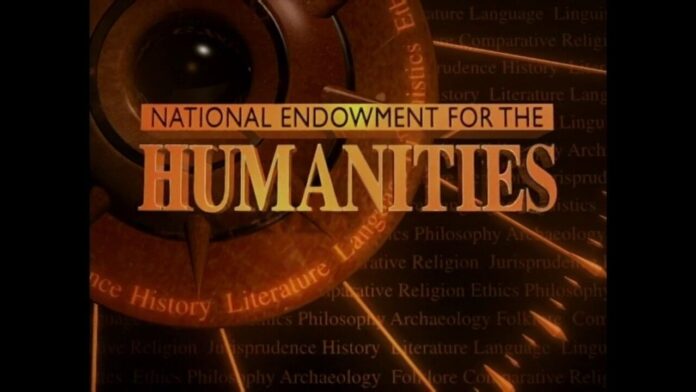The National Endowment for the Humanities has awarded $24.7 million in grants to a host of art spaces, explorers, and historic sites. The Los Angeles County Museum of Art and the Metropolitan Museum of Art are going to receive some of the largest amounts for future projects.
Los Angeles county museum of art received a $500,000 grant to build galleries in a controversial expansion designed by Peter Zumthor. Named after David Geffen, who donated $150 million to the museum in 2017, these galleries are expected to eliminate the boundaries that have historically divided parts of the Los Angeles county museum of art’s exhibits by era and style. The NEH grant is expected to cover the cost of installing blackout curtains, custom displays, and more.
The Los Angeles county museum of art also received a $100,000 grant for a digital exhibition guide, A World Made by Miracles: A Dutch Collector’s Cabinet and the Politics of Ownership, which explores the countercurrents in the European marketplace of past centuries. The Metropolitan Museum of Art received $349,999 for a project focusing on the use of chia oil in Mexican lacquerware and painting.

Other grants from the NEH are designed to fill gaps in the history of art. Art historian Sarah-Neal Smith received $60,000 for a research project titled Uncovering the Lost History of the American Art World’s Interaction with the Middle East, 1957-1979, which she plans to turn into a book.
UCLA received over $310,000 for an educational program dedicated to the preservation of indigenous artifacts. Other recognized projects aim to reveal the very concept of the museum and realize new opportunities for it.
Also, the University of Michigan at Ann Arbor got $50,000 to host a workshop for museum leaders in order to help them expand digital accessibility at their respective institutions.
This initiative is led by graphic design specialist Audrey Bennett. Oakwood University has received more than $129,000 to build a “living history museum” dedicated to Dred Scott. Dred Scott was an enslaved African American. He filed a famous claim for his freedom in 1856 and he ultimately lost when it came to the Supreme Court.
This year-long project will be called This Dreaded Life.
About the National Endowment for the Humanities
The National Endowment for the Humanities is an independent federal agency. NEH was created in 1965. It is one of the largest donors of humanitarian programs in the United States. NEH serves and strengthens the Republic by advancing the humanities and passing on the lessons of history to all Americans.
NEH fulfills this mission by awarding grants to the highest-rated proposals reviewed by panels of independent external reviewers. NEH grants are normally given to cultural institutions such as museums, archives, libraries, colleges, universities, public television and radio stations, and individual academics.
The grants from National Endowment for the Humanities:
- strengthen teaching and learning in schools and colleges;
- facilitate research and original scholarship;
- provide opportunities for lifelong learning;
- preserve and provide access to cultural and educational resources;
- strengthen the institutional base of the humanities.
The term humanities include the study and interpretation of the following:
- language, both modern and classical, linguistics;
- literature;
- History;
- Jurisprudence;
- Philosophy;
- Archaeology;
- comparative religion;
- Ethics;
- History;
- Criticism;
- Art theory.
The term also refers to those aspects of the social sciences that have humanistic content and use humanistic methods. The study of the human environment, with particular attention to the reflection of heritage, traditions, and history is also implied by the concept of humanities.

























